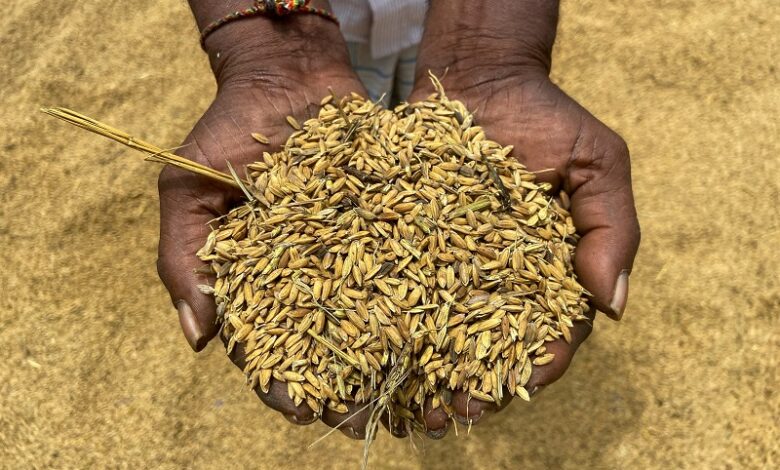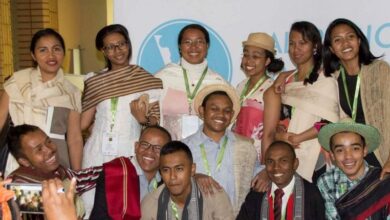Thomson Reuters Reporting on Food Security and Rural Development in South Asia 2022
Deadline: 19th of September, 2022

Global worry over food security is on the rise. Food costs are at all-time highs. But what are policymakers doing to solve these problems, and who is ensuring that the voices of rural poor people and their communities are heard and their stories are told?
This course, which is sponsored by the UN’s International Fund for Agricultural Development (IFAD), will increase knowledge of issues affecting rural communities, assist journalists in presenting fresh perspectives, and foster discussion on how small-scale agriculture can meet the rising demand for food as well as the critical need to support rural transformation as food insecurity, climate change, and economic uncertainty worsen.
By participating, you’ll get access to top IFAD specialists as they consider solutions to problems with food security, production, and climate change, all while dealing with rising prices, the effects of COVID-19 on the economy, and supply issues around the world. You will have the opportunity to ask them questions regarding problems in your nation.
This shouldn’t be viewed as an isolated incident. All attendees are expected to continue reporting on these topics in their home countries following the session. In order to promote the pursuit of such tales, they will also provide a small stipend to a select group of participants as well as help from TRF mentors.
Eligibility
- Applicants must be full-time journalists or regular contributors working for media organisations based in the following countries: Bangladesh, Bhutan, India, Maldives, Nepal, Pakistan, Sri Lanka.
- Applicants should have a minimum of two years’ professional experience, have a good level in spoken and written English and should explain through their applications why they will benefit from participation in this course, and how they plan to use the learning in their professional work.
- Applicants must have access to a minimum internet speed of 8 MB/second.
- Applicants will also need access to a computer to participate in the training; participation from a mobile or smart phone will not be possible.
Application
Once selected, applica nts will also be asked to provide a letter from their editor supporting their participation in the programme, including a commitment to publish the story they will produce should they participate in the mentoring component of the course. This will only be requested by TRF once applicants have been selected for the course.
Applicants will be asked to upload the following documents as part of the application process:
- Two relevant work samples (maximum file size 5 MB). TV/Radio journalists may submit transcripts of broadcasts, a brief summary, and/or links to online versions. Participants are encouraged to provide details of circulation and reach of their publications if possible.
- A biography of up to 250 words outlining your career.
- A statement of between 250 and 500 words describing how you expect to benefit from this course, how you plan to use what you learn in your professional work, and any factors affecting your work as a journalist which may be considered relevant to your application.







